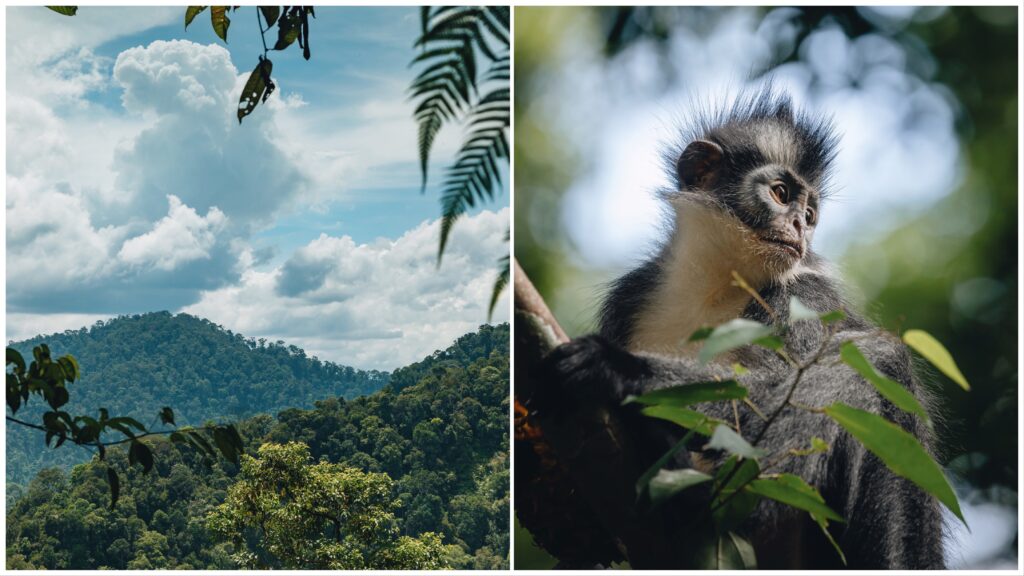Dove just announced it will restore and protect 20,000 hectares of woodland in Northern Sumatra, Indonesia through its Forest Restoration Project. That’s approximately twice the size of Paris and the equivalent of 3 million trees.
The Unilever-owned personal care brand launched the project on Saturday to coincide with World Environment Day, will focus on the Northern Sumatran lowland rainforests, some of the most biodiverse ecosystems in the entire world.
Over the next five years, Dove will work with American nonprofit Conservation International and the Indonesian government on reforestation efforts. The work will fall under the umbrella of the Unilever Climate & Nature Fund initiative, which has pledged a total of €1 billion to restore and support the natural world.
In addition to the The Dove Forest Restoration ProjectUnilever itself has also committed to regenerating 1.5 million hectares of land, forest, and oceans by 2030. According to the company, this is more land than it requires to grow the ingredients used for its various beauty and personal care products.
“When a brand like Dove puts climate change and nature at the heart of its purpose, the impact is game-changing,” said M. Sanjayan, CEO of Conservation International, in a press release.
“Together, Dove, Conservation International and Indonesia’s leadership will build on the work we have started with Unilever to protect and restore this region, its wildlife, and support its communities,” added Sanjayan.
Why Are Dove’s Reforestation Efforts Important?
Sumatra and Borneo are the only places where tigers, rhinos, orangutans, and elephants live together. Since 1995, more than 400 species have been documented on the islands, including more than 50 that were completely new to science.
The native Sumatran tiger, rhino, clouded leopard, and langur are all endangered, as are the Malayan tapir, Sunda pangolin, and Sambar deer. Currently, the primary threat to Northern Sumatra’s flora and fauna is deforestation, driven for the most part by agricultural development and expanding palm oil plantations.
In addition to threatening wildlife, deforestation also reduces rainforests’ capacity for carbon capture, while many of the methods used to remove trees — such as fire — result in further harmful emissions. Six to eight percent of global emissions come from Indonesian deforestation.
‘Can we really celebrate beauty if it comes at the cost of the planet?’
According to Dove, its forest restoration efforts will capture over 300,000 tons of CO2 from the air and prevent the release of 200,000 additional tons of CO2e emissions.
The project also aims to support the 16,000 people who live in the region, establishing forest nurseries, offering technical support and training, and “improving livelihoods.” Simultaneously, the Coalition of Sustainable Livelihoods — of which Unilever is a partner — aims to accelerate sustainable economic development in North Sumatra.
“Can we really celebrate beauty if it comes at the cost of the planet? The answer is no,” Alessandro Manfredi, global executive vice president of Dove, told New Beauty. “We must demand action and care that goes further, both from ourselves and from the beauty industry at large.”
The Dove Forest Restoration Project marks one of the most significant environmental protection efforts by a beauty brand to date, and has been celebrated by industry groups and environmental organizations.
However, it comes at a time when many companies are making pledges with as-yet-unproven results, and both Dove and Unilever have been accused of greenwashing (and woke-washing) multiple times in many different areas, including palm oil-related deforestation.
For tips on how to identify greenwashing (and related terms such as “eco-friendly”), check out LIVEKINDLY’s guide here.


